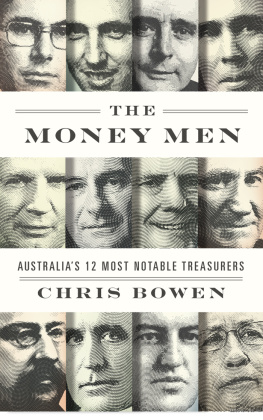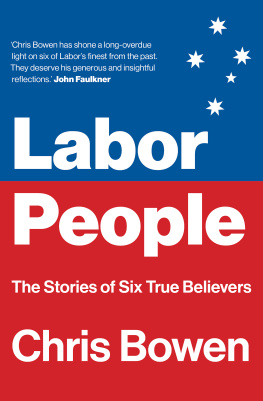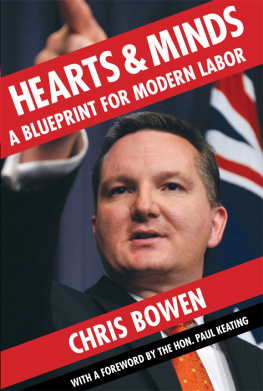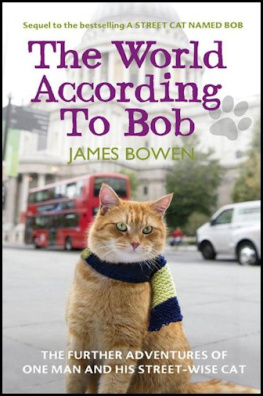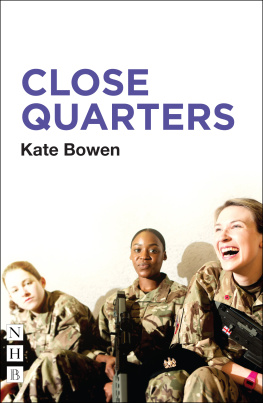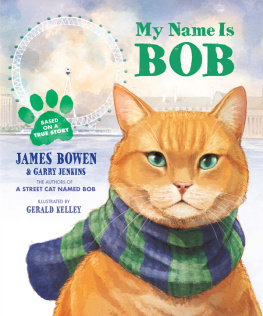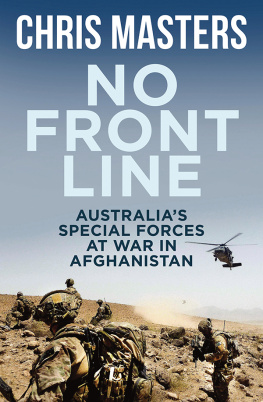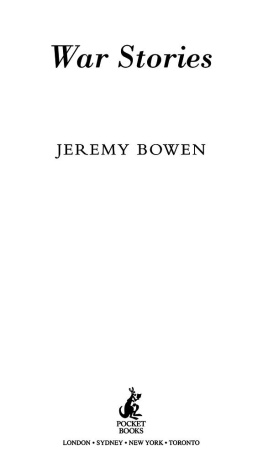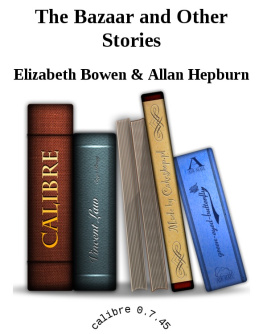Chris Bowen - The Money Men Australias Twelve Most Notable Treasurers
Here you can read online Chris Bowen - The Money Men Australias Twelve Most Notable Treasurers full text of the book (entire story) in english for free. Download pdf and epub, get meaning, cover and reviews about this ebook. year: 2015, genre: Politics. Description of the work, (preface) as well as reviews are available. Best literature library LitArk.com created for fans of good reading and offers a wide selection of genres:
Romance novel
Science fiction
Adventure
Detective
Science
History
Home and family
Prose
Art
Politics
Computer
Non-fiction
Religion
Business
Children
Humor
Choose a favorite category and find really read worthwhile books. Enjoy immersion in the world of imagination, feel the emotions of the characters or learn something new for yourself, make an fascinating discovery.
- Book:The Money Men Australias Twelve Most Notable Treasurers
- Author:
- Genre:
- Year:2015
- Rating:3 / 5
- Favourites:Add to favourites
- Your mark:
- 60
- 1
- 2
- 3
- 4
- 5
The Money Men Australias Twelve Most Notable Treasurers: summary, description and annotation
We offer to read an annotation, description, summary or preface (depends on what the author of the book "The Money Men Australias Twelve Most Notable Treasurers" wrote himself). If you haven't found the necessary information about the book — write in the comments, we will try to find it.
The Money Men Australias Twelve Most Notable Treasurers — read online for free the complete book (whole text) full work
Below is the text of the book, divided by pages. System saving the place of the last page read, allows you to conveniently read the book "The Money Men Australias Twelve Most Notable Treasurers" online for free, without having to search again every time where you left off. Put a bookmark, and you can go to the page where you finished reading at any time.
Font size:
Interval:
Bookmark:
THE MONEY MEN

MELBOURNE UNIVERSITY PRESS
An imprint of Melbourne University Publishing Limited
1115 Argyle Place South, Carlton, Victoria 3053, Australia
mup-info@unimelb.edu.au
www.mup.com.au
First published 2015
Text Chris Bowen, 2015
Design and typography Melbourne University Publishing Limited, 2015
This book is copyright. Apart from any use permitted under the Copyright Act 1968 and subsequent amendments, no part may be reproduced, stored in a retrieval system or transmitted by any means or process whatsoever without the prior written permission of the publishers.
Every attempt has been made to locate the copyright holders for material quoted in this book. Any person or organisation that may have been overlooked or misattributed may contact the publisher.
Typeset in 12/16pt Dante by Cannon Typesetting
Cover design by Design by Committee
Printed in Australia by McPhersons Printing Group
National Library of Australia Cataloguing-in-Publication entry
Bowen, Chris, author.
The money men: Australias twelve most notable Treasurers/Chris Bowen.
9780522866605 (paperback)
9780522866612 (ebook)
Includes index.
Australia. Department of Finance (2013)Officials and employees.
Finance ministersAustralia.
PoliticiansAustralia.
Finance, PublicAustraliaHistory.
336.01294
Finance is government and government is finance.
William Pitt
To be the economic manager of the nation was an overwhelming privilege. It was in many ways a more significant role than that of prime minister, although some former treasurers who have moved on would clearly not agree with that assessment.
Bill Hayden
The way of the world is that prime ministers will always leave their dirty work to treasurers.
John Howard
I always had the belief that as Treasurer, I was working in a tradition and it was important, if not paramount, to preserve the legacies of those who preceded me.
Wayne Swan
To Rebecca, for everything.
And for Australias future treasurers,
in the hope that history helps.
CONTENTS
INTRODUCTION
Australia is the only nation to have a treasurer running the economy.
In 1819, John Thomas Bigge travelled to Australia to conduct an inquiry into how the colony of New South Wales (NSW) was being governed. His report, published three years later, was highly critical of governor Macquaries administration. In it, he stated: With respect to the collection of the internal revenue of the colony I should recommend that the duty of collection, receipt and account, should be entrusted to an officer, to be named the Colonial Treasurer. NSW and the other colonies duly appointed treasurers, and on Federation the title was adopted for the national economic manager. Hence, a uniquely Australian office was created.
Every national government, of course, has a Cabinet-level office holder who is responsible for the economy. Most are called minister for finance. The British economic manager revels in the title of the chancellor of the exchequer, the United States has a secretary of the treasury, and some countries like Argentina have a minister for the economy. But while almost every soccer club, chamber of commerce and stamp collecting society in the world has a treasurer, Australia is unique in having one in charge of the countrys finances.
When the Australian treasurer meets with their international counterparts, they undoubtedly contemplate the similarities and differences between the offices they hold. The Australian treasurer will always be one of the most senior members of the Cabinet. They will sometimes combine the post with being deputy prime minister but regardless will almost always be within the top three most senior ministers. Since 1977, an Australian treasurer has shared responsibility for government spending with the minister for finance but in many ways has much more responsibility than their international counterparts. An Australian treasurer has responsibility for foreign investment (through the Foreign Investment Review Board), the Reserve Bank of Australia (although the central bank is independent, the treasurer is responsible for the key appointment of its governor), competition (through a competition commission), prudential regulation (through a prudential regulation authority), the production of currency (through the mint) and financial regulation (through the Australian Securities and Investments Commission, or ASIC). Few ministers around the world have this much responsibility for the management of various parts of the economy.
So who are these money men? (All treasurers to this point have been men.)
While there have been bookshelves of volumes written about Australian prime ministers, no book has ever been written about Australian treasurers, an office widely seen as the second most-important post in the country. This is a gap that this book has been written to fill. It seeks neither to provide hagiographies of previous treasurers nor to condemn them. I started each chapter from a perspective of sympathy for the men who worked hard to create a better economy for their country, and the varying success they had.
I was the treasurer briefly and aspire to be again, which has allowed me to write about the office with an insiders perspective. In fact, Ive learnt things writing this book that will make me a better treasurer should I receive the honour of serving in the post again. As the British prime minister and writer Benjamin Disraeli said: The best way to become acquainted with a subject is to write a book about it.
The twelve treasurers written about in this book were chosen as the most notable of Australias thirty-eight treasurersnot necessarily the best, not the worst, but twelve of the most interesting. This is not intended as a slight to those treasurers who do not appear here. Several others (Richard Casey, Harold Holt and John Dawkins, for example) could have been included. But a line had to be drawn somewhere. Each of the treasurers in these pages was chosen because his tenure had something unique to commend itfor example, being treasurer at a particularly challenging time for the economy, or at a time of great turmoil, or great reform as a parable of success or an example of failure.
I chose to write about George Turner because he was our first treasurer and we need to better understand the pioneer to understand the office. William Watt is a spectacular example of what can happen when a prime minister and a treasurer lose faith in each other. Earle Page, on the other hand, provides a case study in just how effective a good working relationship between a governments two most senior members can be. Ted Theodore was an intellectually curious, self-taught treasurer who had an insight into how to deal with the greatest economic test any treasurer has had to deal with, but who was thwarted and frustrated. Ben Chifley was treasurer during what was arguably our greatest-ever crisis, World War II, and provides a best-practice case study through his relations with his prime minister. Arthur Fadden was a pioneer among modern treasurers as he implemented Keynesian fiscal management. Jim Cairns provides a fascinating profile: he was our most academically qualified treasurer but clearly one of our most disastrous. Bill Hayden attempted to right the fiscal ship of the Whitlam government and did a very good job, but he was appointed too late. John Howard was a young and inexperienced treasurer who grew in the job but failed in his attempts at economic support as his relationship with his prime minister deteriorated. Paul Keating asked Australians to embrace more economic change than any of his predecessors or successors, and an unprecedented period of uninterrupted economic growth was the result. Peter Costello was a competent and solid treasurer who implemented one big reform, the Goods and Services Tax (GST), and who changed the way Australians think about budget surpluses. Wayne Swan faced the biggest economic test since his Queenslander predecessor Theodore, and he employed the Keynesian tactics that Theodore had wanted to implement to ensure that the uninterrupted growth continued.
Next pageFont size:
Interval:
Bookmark:
Similar books «The Money Men Australias Twelve Most Notable Treasurers»
Look at similar books to The Money Men Australias Twelve Most Notable Treasurers. We have selected literature similar in name and meaning in the hope of providing readers with more options to find new, interesting, not yet read works.
Discussion, reviews of the book The Money Men Australias Twelve Most Notable Treasurers and just readers' own opinions. Leave your comments, write what you think about the work, its meaning or the main characters. Specify what exactly you liked and what you didn't like, and why you think so.

